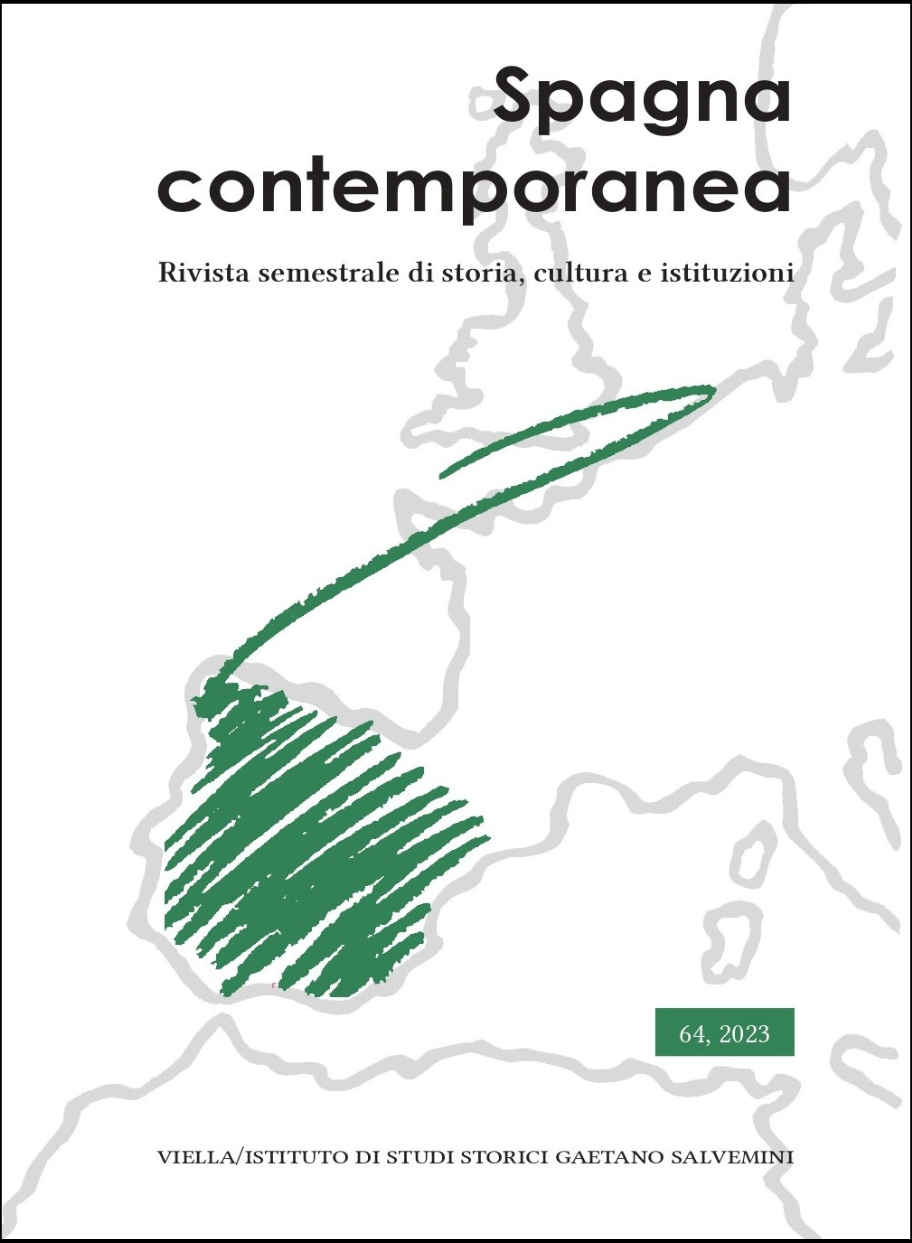Social Tourism. The Italian and Spanish Experience from the Second Post-war Period to the 1960s
Keywords:
Tourism, Social Tourism, Italy, SpainAbstract
Social Tourism. The Italian and Spanish Experience from the Second Post-war period to the 1960s
Social tourism represents a phenomenon that spreads widely in Western European countries, especially in France, Austria, Germany and Italy, starting from the end of the second post-war period with the aim of facilitating access to tourist leisure time for people with limited economic resources. The paper deals with its development from the post-war period until the 1960s in two countries of Mediterranean Europe, such as Italy and Spain. In those countries this phenomenon was part of the tourist activities set up by public institutions, trade unions, associations which involved different sections of society, in particular, in the case that will be examined, that of workers. The research path that we intend to follow is that of public policies in the field of social tourism and their cultural and value references which take on different meanings in the two countries, one governed by a democratic regime and the other by an authoritarian regime. Italy focused on social tourism in favor of workers in the consideration that, like other European countries, tourism can have a function linked not only to their psycho-physical well-being and their spiritual elevation but also to disseminate culture of peace and brotherhood of peoples, as in the case of a public institution such as the Ente nazionale assistenza lavoratori. The situation was different in Spain where public policies gave ample space to the recovery of tourism among workers thanks to the activity of the Obra Sindacal de Educación y Descanso (OSED). This organization found its model in the Italian mass organization constituted by the Opera Nazionale Dopolavoro created by fascism and takes up some of its practices. In the 1950s, OSED created a network of summer residences and “ciudades de vacaciones” which showcased the political and propagandistic characteristics of social tourism.
Received: 2023/06/27
Admitted: 2024/01/22
Published
Issue
Section
License
Copyright (c) 2024 Istituto di studi storici Gaetano Salvemini, Torino

This work is licensed under a Creative Commons Attribution-NonCommercial-NoDerivatives 4.0 International License.






